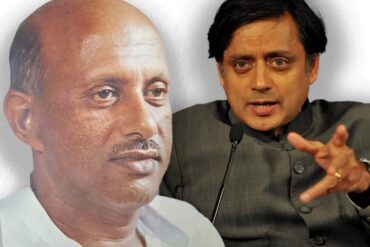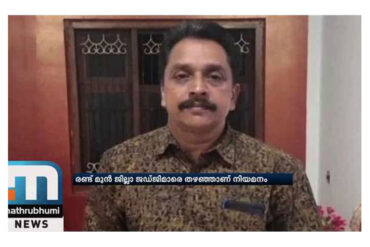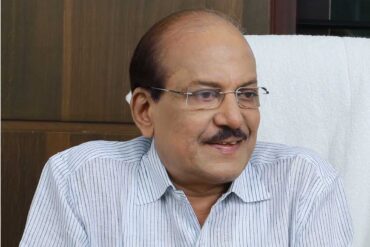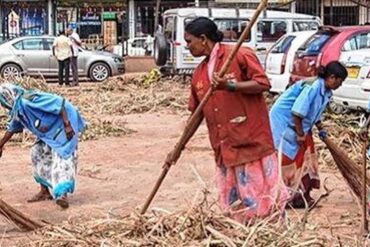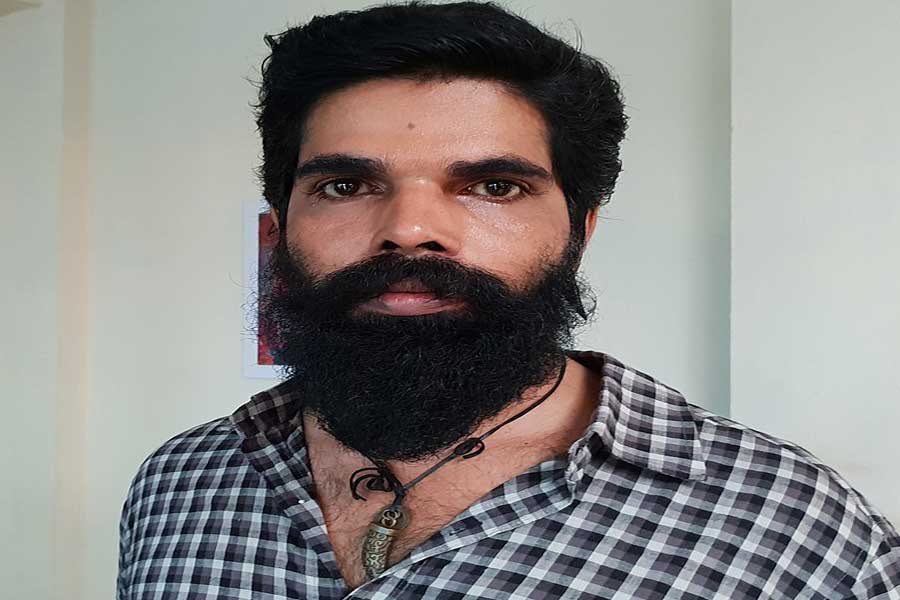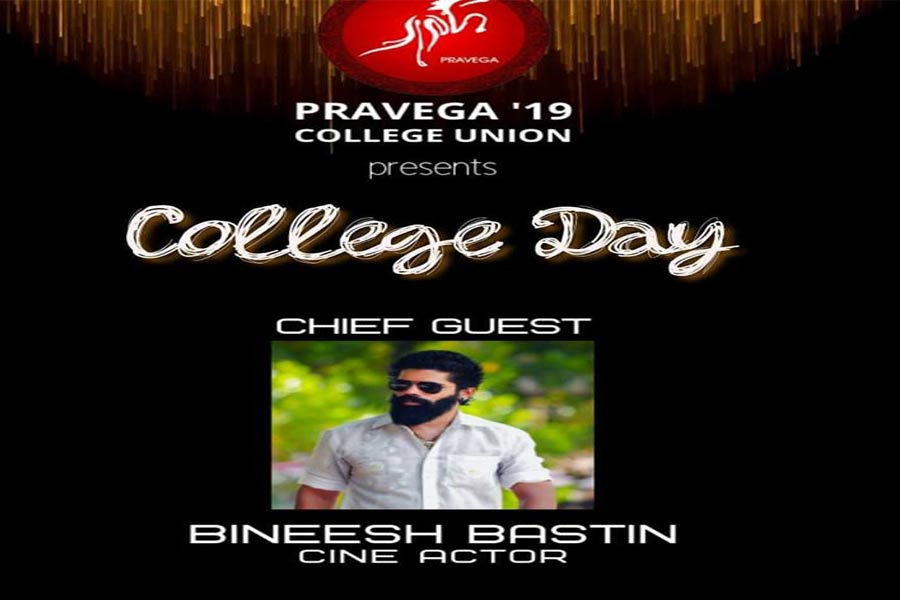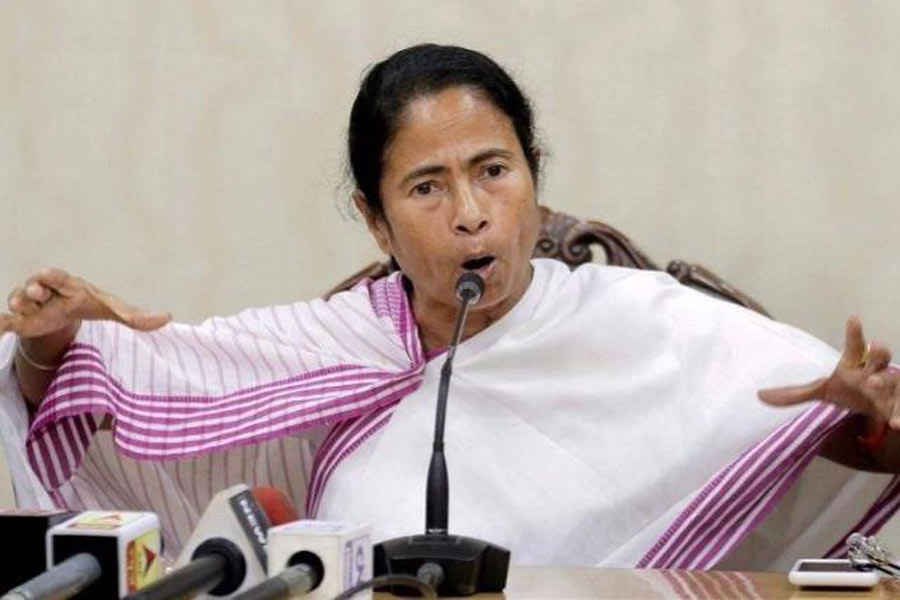Institute of Integrated Medical Sciences (IIMS), Palakkad, Kerala has recently been in the eye of a storm for insulting an upcoming actor, Bineesh Bastin. Hailing from the marginalised community, Bastin was first invited as the chief guest to a college day function and then prevented from going on stage at the same time as director Anil Radhakrishnan Menon whose North 24 Kathaam had picked up the National award. Menon had reportedly refused to share the stage with Bastion, a mason-turned-actor.
A shocking back story is that this Government Medical College in Palakkad was built with money diverted from funds that was originally meant for improving the basic living conditions of people from the Scheduled Caste (SC) and Scheduled Tribe (ST) communities. Established by the then Oommen Chandy-led Congress government in the state, it was a first of its kind institution set up by the state government, diverting more than Rs800 crore meant for SC/ST communities.
Never in their long and chequered history have Dalits and Tribals of Kerala, who continue to be battered due to marginalisation and severe exploitation, yearned for a medical college of their own. They had sought better education and health facilities along with restoration of their alienated forest lands and dwellings. But the Congress promised an exclusive medical college comprising super-specialty treatment facilities for Palakkad in the election manifesto of 2011 with an eye on the preferences of voters in Palakkad assembly constituency comprising predominantly of the members of upper castes.
Because of its geographical location, Palakkad still has easy access to government medical colleges in Thrissur in Kerala and Coimbatore in Tamil Nadu. Dalits who live in the Chittur region and Tribals who dwell in the Attappady region of Palakkad district still depend on the medical college hospital in Coimbatore for expert treatment because of its proximity.
However, the Congress government found nothing wrong in diverting special component plan fund (SCPF) meant for SC/ST Welfare for establishing the medical college. When the move faced stringent opposition from various Dalit and Tribal organisations, the government had gone on the defensive and termed it a radical initiative aimed at creating more Dalit and Tribal doctors apart from enhancing treatment facilities for vulnerable communities. The Hindu reports it was a pioneering effort to give more educational opportunities for the marginalised communities was later brought under the administrative control of a charitable society formed under the Cooperative Department.
Four years ago, none of the Dalit and Tribal students in Palakkad received any government scholarship as that amount was diverted to the medical college construction fund. In the meantime, 174 people were recruited as staff of the medical college by the charitable trust formed under State Cooperative Department to manage administration of the college flouting all reservation related rules. As a result, proportionate appointments were denied to Dalits and Tribals among the medical college administering staff.
The Left Democratic Front (LDF) government, which promised to bring the medical college under the Health Department, continue to keep the college administration under the charitable trust with the sole motive of using the SC/ST special component funds for future construction and administrative needs of the college. As deputation and contract appointments had turned the normal practice, even teaching faculty of the college lacked proper representation to SC/ST communities.
However, the government has boasted that it reserved 70 percent of the total admissions to students from SC background and two percent to students from ST background. But lack of qualified students from both these communities helped those from outside to grab most of the seats. So a medical college that came into existence using Dalit and Tribal welfare funds now remain yet another institution, where the elite and powerful take away most of the benefits.
Such a background check is essential while approaching the latest issue in which Anil Radhakrishna Menon refused to share the stage with Bineesh Bastin during the college day celebrations of the medical college held on Thursday. It was the SFI-controlled College Union that invited Bastin and Menon for the function. However, Menon had reportedly told the college authorities that he did not want to share the stage with the actor. Bineesh Bastin turned up, ignoring objections from the College Union chairman and the college principal, Dr T B Culas, who even went to the extent of threatening to call the police. Bastin went straight onto the stage and plonked on the floor as a protest. Unmindful of this protest, Menon continued his speech on the dais and left the venue after finishing it. There was no protest against Menon either from the faculty or the students.
Before Bastin, who rose to fame through the Vijay-starrer Tamil film Theri left the scene, he gave the most heart-rending speech, roughly translated goes thus:
“I am now 35-years-old. This day marks an unfortunate and unprecedented incident in my life. I came here on an invitation from the college union chairman. I came in my own car and was sitting in a room when the chairman approached me to say that the director didn’t want me to be seated beside him. The director told the chairman that I am just a third-grade actor who had begged for a chance in his movie. I am neither a Menon and nor in possession of a National award. I am just an unskilled labourer. This is the saddest day in my life. This should not be done to any human being. I belong to a lower caste. I was a tiler by profession before I entered the movies. What I faced today is one of the biggest insults in my life. Religion is not the problem. How does one live is the problem. I am struggling to live. I, too, am a human being.”
“No one should ever go through such a situation. This is not the first time that I am visiting an educational institution. I have visited at least 230 colleges so far for different events. But this is the first bad experience,” said Bastin later.
The incident exposes the way caste-based discriminations are being normalised in Kerala, which otherwise boasts of its progressive and inclusive moorings. However, it also marks the changing times in Kerala’s social and political lives. Anil Radhakrishna Menon, whose films won wide acclaim in recent years, cuts a sorry figure.

